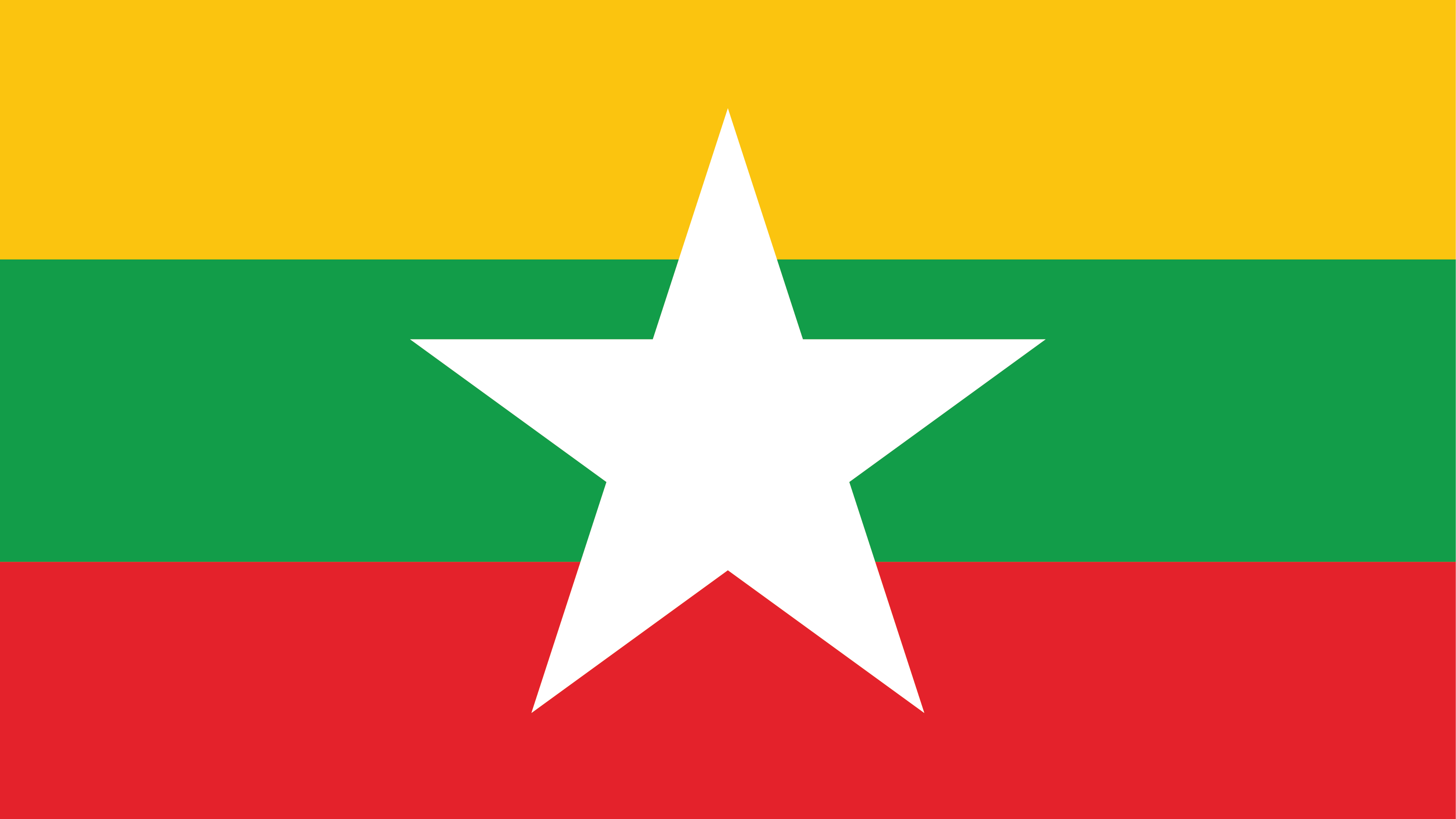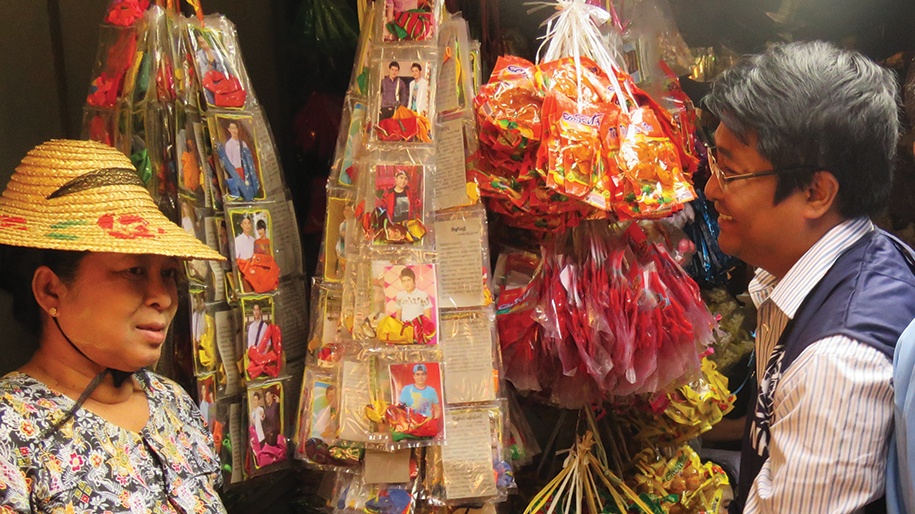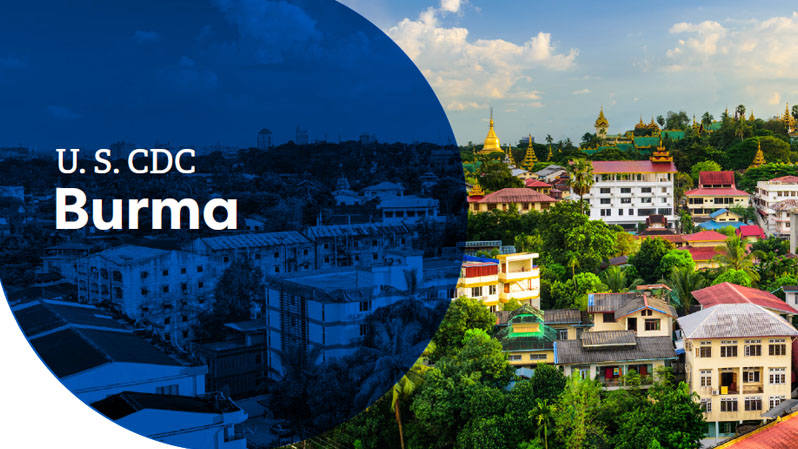At a glance
CDC works with the Ministry of Health and other partners to build effective public health collaboration and partnerships, which strengthen the country's core public health capabilities: data and surveillance, laboratory capacity, workforce and institutions, prevention and response, innovation and research, and policy, communications, and diplomacy.

Overview

CDC established an office in Burma in 2015. CDC Burma works closely with the Government of Burma and partner organizations to detect, prevent and control infectious disease outbreaks and build and strengthen the country's core public health capabilities. These include data and surveillance, laboratory capacity, workforce and institutions, prevention and response, innovation and research, and policy, communications, and diplomacy. CDC's work aims to protect the health of our nations and public health around the world.
Global health security
Workforce development
CDC strengthens Burma's ability to investigate and respond to disease outbreaks through the establishment of the Field Epidemiology Training Program (FETP). Burma's FETP program is the cornerstone of a planned national public health institute. Through FETP, CDC strengthens Burma's workforce capacity to identify and stop outbreaks before they spread.
HIV and TB
As a key implementer of the U.S. President's Emergency Plan for AIDS Relief (PEPFAR), CDC plays an essential role in the fight against HIV and TB. With unmatched scientific and technical knowledge and long-standing relationships with ministries of health, CDC is uniquely positioned to advance HIV, TB, and other global health security activities that keep Americans safe at home and abroad.
Through PEPFAR, CDC provides critical support to Burma's public health infrastructure, improving the country's ability to prevent, detect, and respond to HIV, TB, and other infectious diseases and minimizing their risk from entering the U.S.
Malaria
CDC has collaborated with partners to support implementation of malaria prevention and control activities in Burma since 2020. CDC-supported activities have included providing technical input in:
- Vector control efforts (e.g., distribution of insecticide-treated nets)
- Diagnosis and treatment
- Surveillance
- Outbreak investigation
Key accomplishments
CDC's support has helped deliver:
- More than 3.5 million mosquito nets
- Nearly 3 million rapid diagnostic tests
- Over 249,000 doses of fast-acting malaria medicine
Immunizations
CDC provides continued capacity-building support in immunizations surveillance. This includes planning and monitoring of the national COVID-19 vaccination campaign. The work also focuses on recovering immunization services that were significantly affected by the COVID-19 pandemic. CDC added an immunizations advisor to the country office in 2021.
